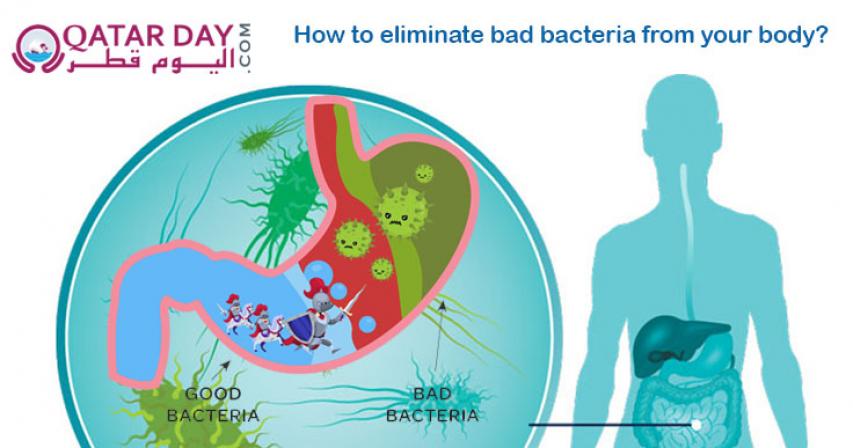Eliminating Bad Bacteria From the Intestines May Slow Cancer Growth in Smokers
- 4 years ago

A Study done on mice showed that bacteria that are present in the intestine may influence the immune system in the presence of cancer.
There are billions of bacteria in our intestines: their number is greater than the total number of cells in our body. They are essential for the proper functioning of the digestive system, but can also affect the immune system. Scientists have found that changes in the microbiota can slow down the growth of smoking-related tumors in mice. Their results were to be presented during the Digestive Disease Week in Chicago, which was cancelled due to the coronavirus outbreak. According to Eurekalert The study will soon to be published in Gastroenterology magazine.
Mice that smoke
The scientific team tested its hypotheses on 4 groups of mice: one group received a placebo based on saline solution, one group took antibiotics for intestinal sterilization, the third group was exposed to cigarette smoke in the 4 weeks prior to the study, and the last group was given antibiotics and also exposed to cigarette smoke. Each mouse was injected with cancer cells and the “smokers” were exposed to cigarette smoke for two months. Over the weeks, the scientists observed the growth of tumors.
Their first finding was that cigarette smoking causes tumor growth regardless of the type of cancer (colon, pancreas or bladder), except in mice that took antibiotics. In these mice, tumors grew as slowly as in the best protected mice, i.e. those who took antibiotics without being exposed to tobacco.

Intestinal Microbiota
Relationship between the immune system, intestinal microbiota and cancer
The second experiment was performed on mice whose immune system was genetically modified. Changes in the microbiota did not inhibit the growth of cancer under the influence of tobacco. According to the scientists, this means that interactions between the microbiota and the immune system have an influence on tumor development.
“If the same compound is found in human studies, a treatment that is able to alter the intestinal microbiota may improve cancer treatment in smokers. – says Prateek Sharma, one of the lead authors of the study. Further research will aim to identify the “bad bacteria” behind the links between cancer, microorganisms and the immune system. It can then be eliminated with antibiotics or by transplanting other bacteria with probiotics or by fecal transplantation.
Source: Gilmore Health
Comments